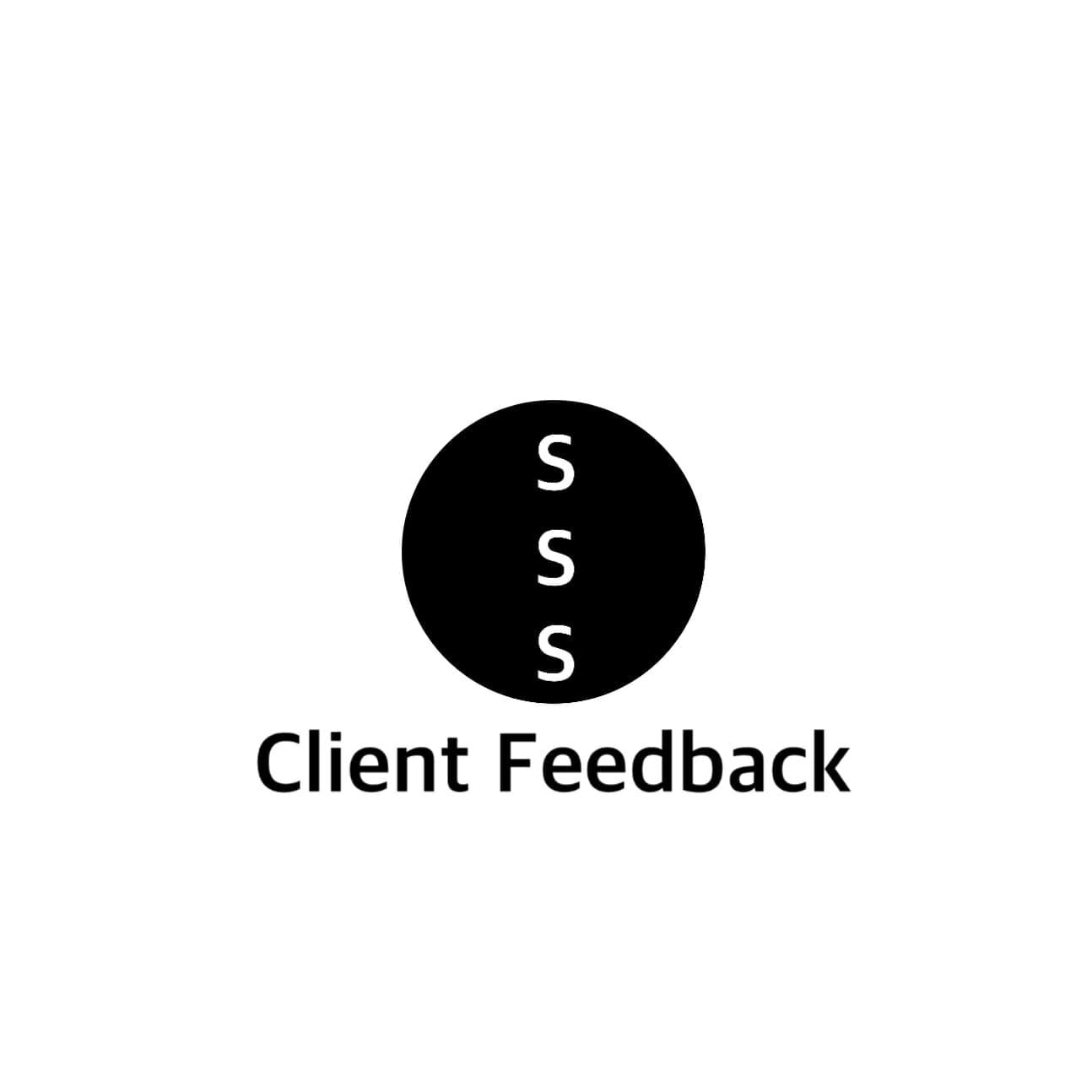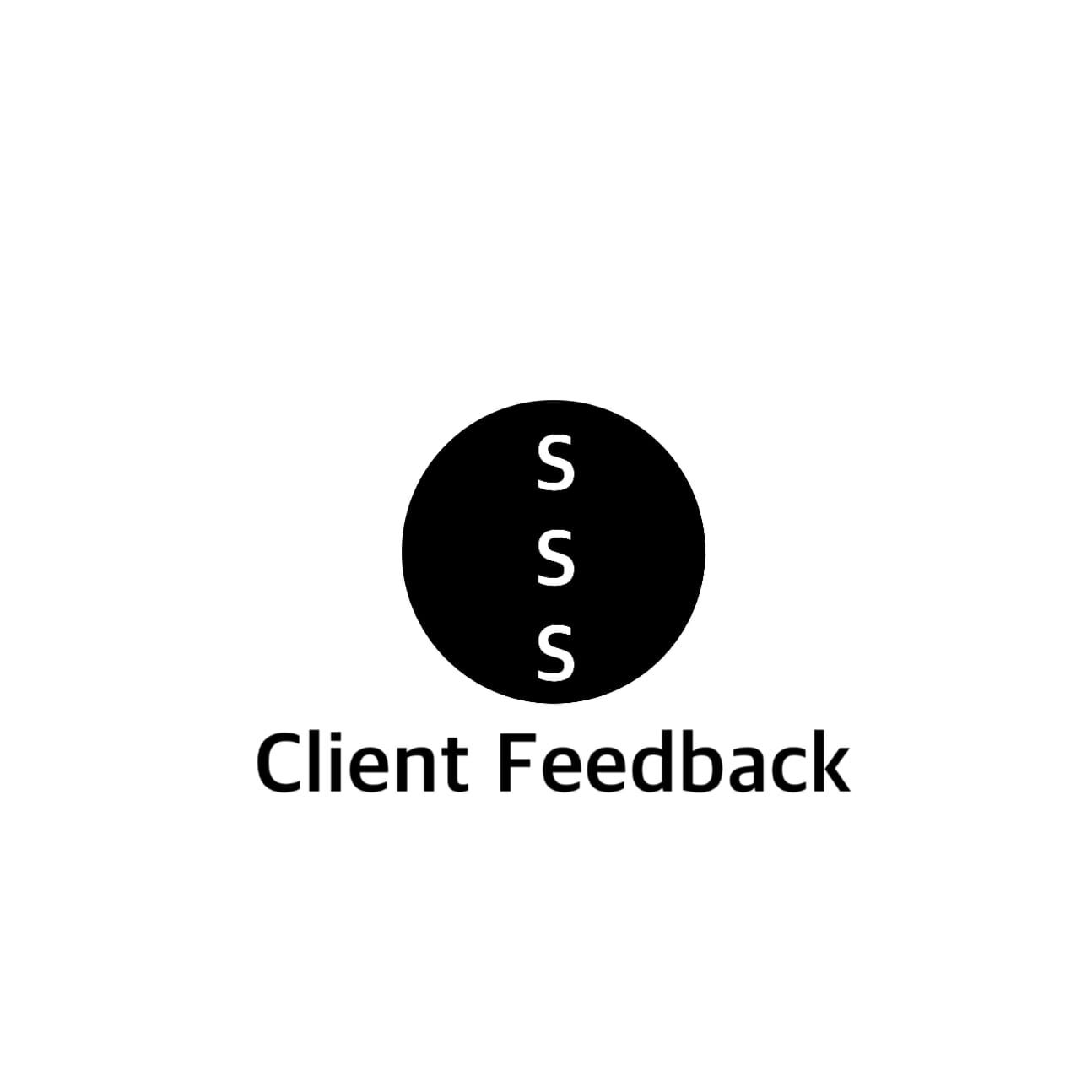Critical Incident Stress Intervention and Support Protocol
 Social Support Systems is arguably the UK’s most experienced organisation in the field of post-incident psychological support.
Social Support Systems is arguably the UK’s most experienced organisation in the field of post-incident psychological support.
Our experience of providing effective psychological recovery operations across a broad spectrum of high-profile and international operational incidents means that when disaster strikes, we can be relied upon to provide the best service possible for our partners
Because our team consists only of serving and former emergency service and military personnel, our operational and cultural knowledge assures our partners that the robust and effective solutions we provide are centric to their core service delivery and business continuity needs.
Unlike purely academic consultancies, we actually know and understand what it feels like to be involved in a critical incident from an operational perspective.
Our unique and entirely person-centred solutions, represent the cutting edge in the resolution of posttraumatic stress in first responders.
An evolutionary step in Critical incident support
The Critical Incident Stress Intervention and Support (CrISIS) Protocol, is a multifaceted, non-linear, and responsive approach to supporting organisations and their people following a critical incident.
Tried and tested during the psychological recovery operations SSS conducted following the London attacks of 2017, and the Grenfell Tower disaster, CrISIS represents an evolutionary development in resolving posttraumatic stress.
Unlike older, less effective ‘trauma risk management’ systems, CrISIS is not merely a system of referral, but rather, provides comprehensive, evidence-based and highly effective system of 1:1 and group interventions for those affected by a traumatic reaction – thus negating the need to refer onwards into medical pathways and facilitating a quicker and sustainable return to normal function.
What is a critical incident?
Basically, a critical incident is an incident that has the potential to overwhelm the natural coping mechanisms of those involved.
There is no hard and fast definition, as traumatic reactions are highly subjective to the individual, but we can consider some operational incident types more likely to be linked with the development of a traumatic reaction and the future onset of PTSD:
- Multiply fatality
- Death of a colleague
- Death of a child
- Personal trauma
- Violent crime
- Life changing or limiting physical injury
- Experiencing a series of critical incidents over a short period of time creating an accumulative effect
- Incidents where there may be a personal meaning
- Incidents which are disturbing or shocking e.g. murder scenes or suicide
- Incidents involving operational difficulties eg. Flashover, near misses,contamination, firearms discharge
- Incidents which have media attention or a public response
- Difficult calls e.g. fire survival call
- Failed resuscitation attempts
- Terror attack
It is also possible to define an incident as ‘critical’ if one or more responders are found to have suffered a peritraumatic reaction, using the RAIDS peritraumatic risk assessment process.
Linking evidence-based solutions with real word experience
Social Suport Systems CIC Director, Dr John Durkin, was responsible for acquiring ‘evidence-based’ status with SAMHSA for Everly and Mitchell’s system of Critical Incident Stress Management (CISM), and along with fellow director’s Paul Meakin & Sean McCallum has been at the forefront of the development of the CrISIS Protocol. Partially evolved from the CISM system, Durkin, Meakin & McCallum have applied Gerbodian principles of applied metapsychology to the original CISM system, and an entirely pure person-centred system of facilitation.
This non-linear and responsive approach has proved highly effective in real word application following some of Europes highest profile critical incidents, and Social Support Systems has supported many first responders throughout periods of crisis, providing truly longitudinal recovery from trauma.
Need a fast response to help your people and your organisation?
SSS can provide a CrISIS response within 24 hours if required and has international reach.
The CrISIS Protocol can be initiated immediately and our team will liaise directly with your management team to provide guidance throughout the critical incident and its aftermath.
For more details on the CrISIS Protocol and how it can help mitigate psychological trauma, please contact us here






